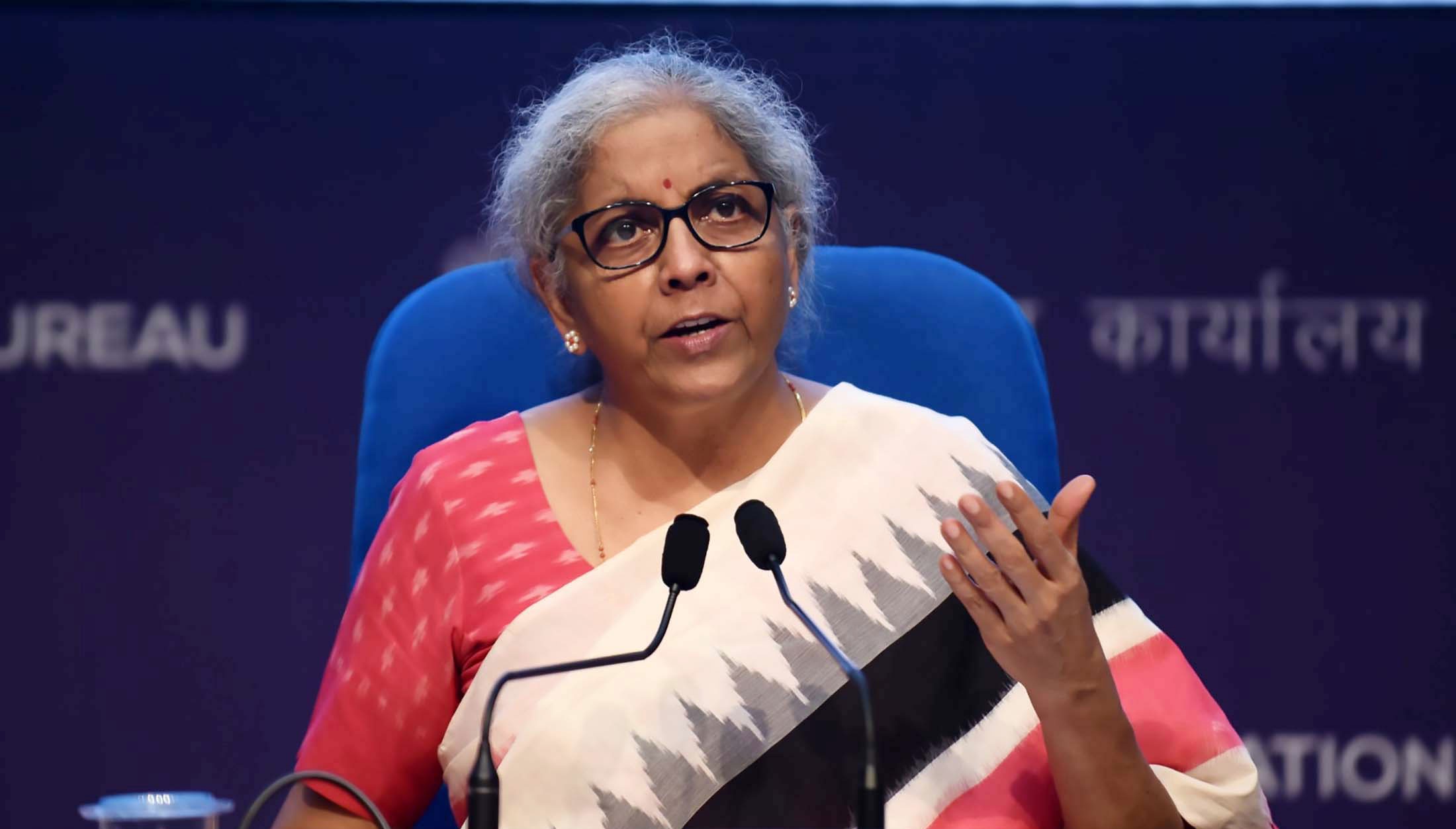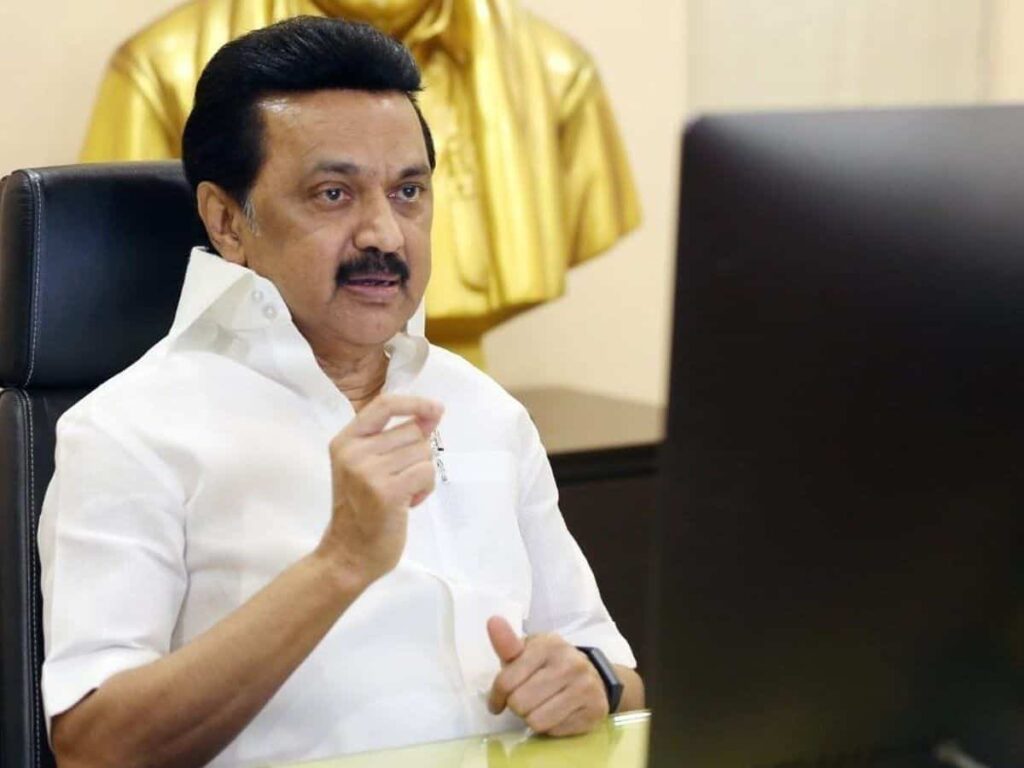Finance Minister Nirmala Sitharaman has emphasized the significance of the Goods and Services Tax (GST) in fostering cooperative federalism and empowering states. In her recent remarks, she highlighted the transformative impact of GST on India’s taxation system, emphasizing its role in promoting economic integration and efficiency.
The GST, introduced in July 2017, replaced a complex web of indirect taxes levied by the central and state governments, streamlining the taxation structure and creating a unified market across the country. Sitharaman praised GST as a prime example of cooperative federalism, wherein the central and state governments work together to enact and implement tax policies for the collective benefit of the nation.

Source:- India today
One of the key features of GST is its revenue-sharing mechanism, which ensures a fair distribution of tax proceeds between the central and state governments. This has empowered states by providing them with a stable and predictable source of revenue, enabling them to undertake development initiatives and meet their fiscal responsibilities effectively.
Source:- BBC news
Furthermore, GST has simplified tax compliance for businesses by replacing multiuple tax filings with a single, online platform. This has reduced administrative burdens and compliance costs for taxpayers, fostering a more conducive environment for business growth and investment.
Sitharaman also underscored the role of GST in promoting economic growth and competitiveness. By eliminating barriers to interstate trade and harmonizing tax rates across different states, GST has facilitated the seamless movement of goods and services, bolstering trade and commerce within the country.
However, the Finance Minister acknowledged that GST implementation has faced challenges and necessitated continuous refinement to address issues such as tax evasion, compliance difficulties, and revenue shortfall. The government remains committed to addressing these challenges through policy reforms and technological enhancements to ensure the smooth functioning of the GST regime.
In conclusion, Finance Minister Nirmala Sitharaman’s remarks highlight the transformative impact of GST on India’s taxation landscape, emphasizing its role in promoting cooperative federalism, empowering states, and driving economic growth. As GST continues to evolve, the government remains committed to strengthening its effectiveness and addressing any challenges that may arise along the way.
Share your views in the comments

